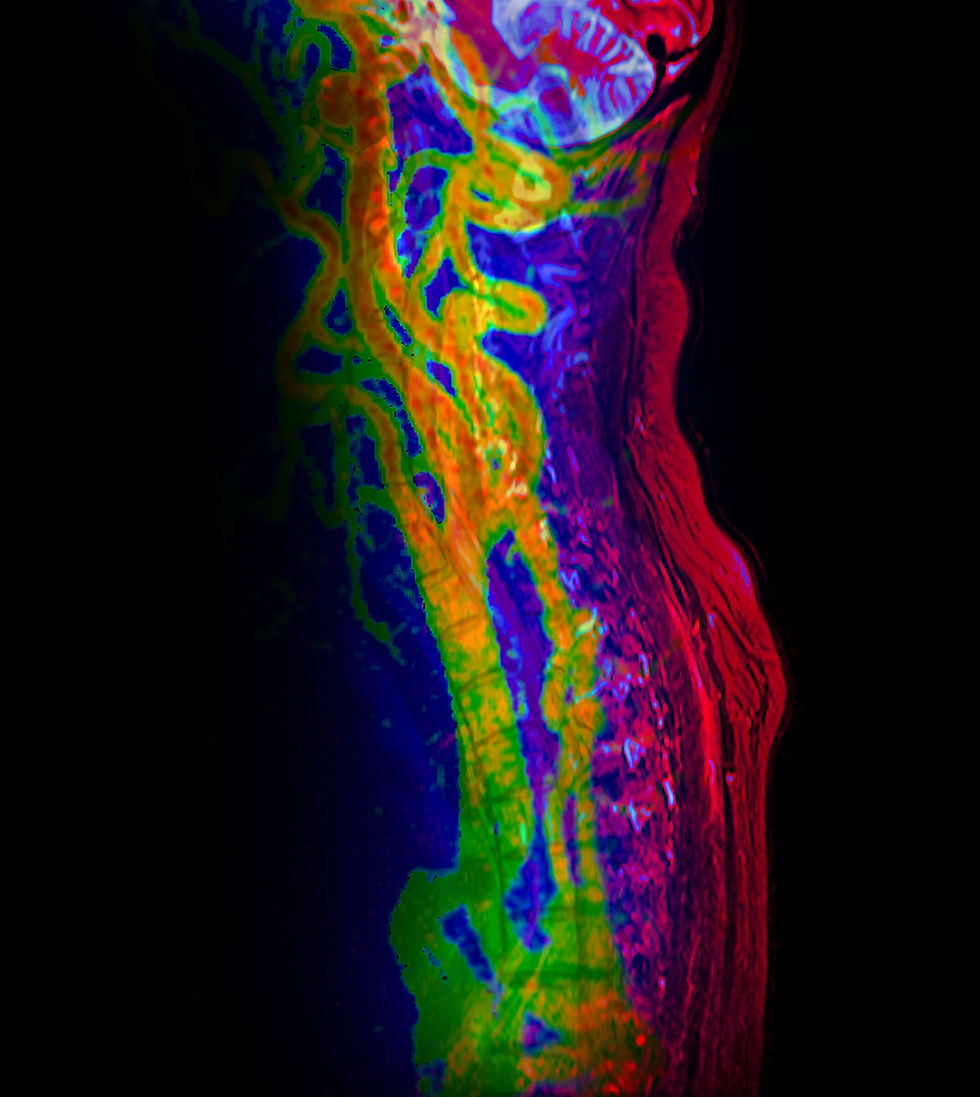When Back Pain Isn’t Just Back Pain: Signs You May Need to Refer to a Spine Specialist
- Ravi Gandhi, MD

- Jul 21, 2025
- 2 min read
Updated: Aug 17, 2025
Back pain is one of the most frequent complaints seen in primary care, urgent care, and even neurology and pain management practices. In many cases, conservative treatment is appropriate—but some patients may be exhibiting early signs of a more serious spinal condition that warrants a neurosurgical evaluation.
As a fellowship-trained neurosurgeon specializing in spinal disorders, I work closely with referring physicians across Central Florida to evaluate and treat patients with complex spinal conditions using both traditional and minimally invasive techniques. Early referral can often improve outcomes—especially when symptoms suggest conditions such as spinal stenosis, spondylolisthesis, or degenerative disc disease.

Key Signs It May Be Time to Refer
If your patient is experiencing any of the following, consider initiating a neurosurgical or spine specialist referral:
Persistent back pain lasting beyond six weeks despite conservative treatment
Radicular pain or sciatica—especially with neurologic findings
Progressive numbness, tingling, or motor weakness in the legs or arms
Neurogenic claudication—pain that worsens with walking or standing, relieved by sitting or leaning forward
Loss of coordination or balance
Signs of cauda equina syndrome, such as saddle anesthesia or bowel/bladder dysfunction (emergent referral)
These symptoms often point to underlying structural pathology—such as central canal stenosis, nerve root compression, or vertebral instability—that may not resolve without surgical intervention.
Surgical Management: Focus on Function, Not Just Anatomy
At Orlando Neurosurgery, my focus is on treating the underlying neurological impact of spinal conditions—not just what appears on imaging. I offer a full spectrum of treatment options, including minimally invasive spinal decompression and fusion, where appropriate. Many patients benefit from shorter recovery times, smaller incisions, and faster return to daily activities. I also coordinate care closely with referring physicians to ensure continuity, whether a patient ultimately needs surgery, additional imaging, or ongoing conservative management.

Partnering for Better Outcomes
As a neurosurgeon with fellowship training in cerebrovascular, skull base, and endovascular neurosurgery, I understand the complexity of spine-related disorders that straddle both orthopedic and neurological domains. My practice is designed to support referring providers by offering quick access, collaborative case review, and a patient-centered approach.
If you have a patient whose back pain is no longer routine, or whose neurological symptoms are progressing, now may be the time to consider a referral to Dr. Ravi Gandhi – spine and neurosurgery specialist in Orlando. Let’s work together to ensure they receive the right care at the right time. Let’s Connect -dr.gandhi@orlandoneurosurgery.com.


